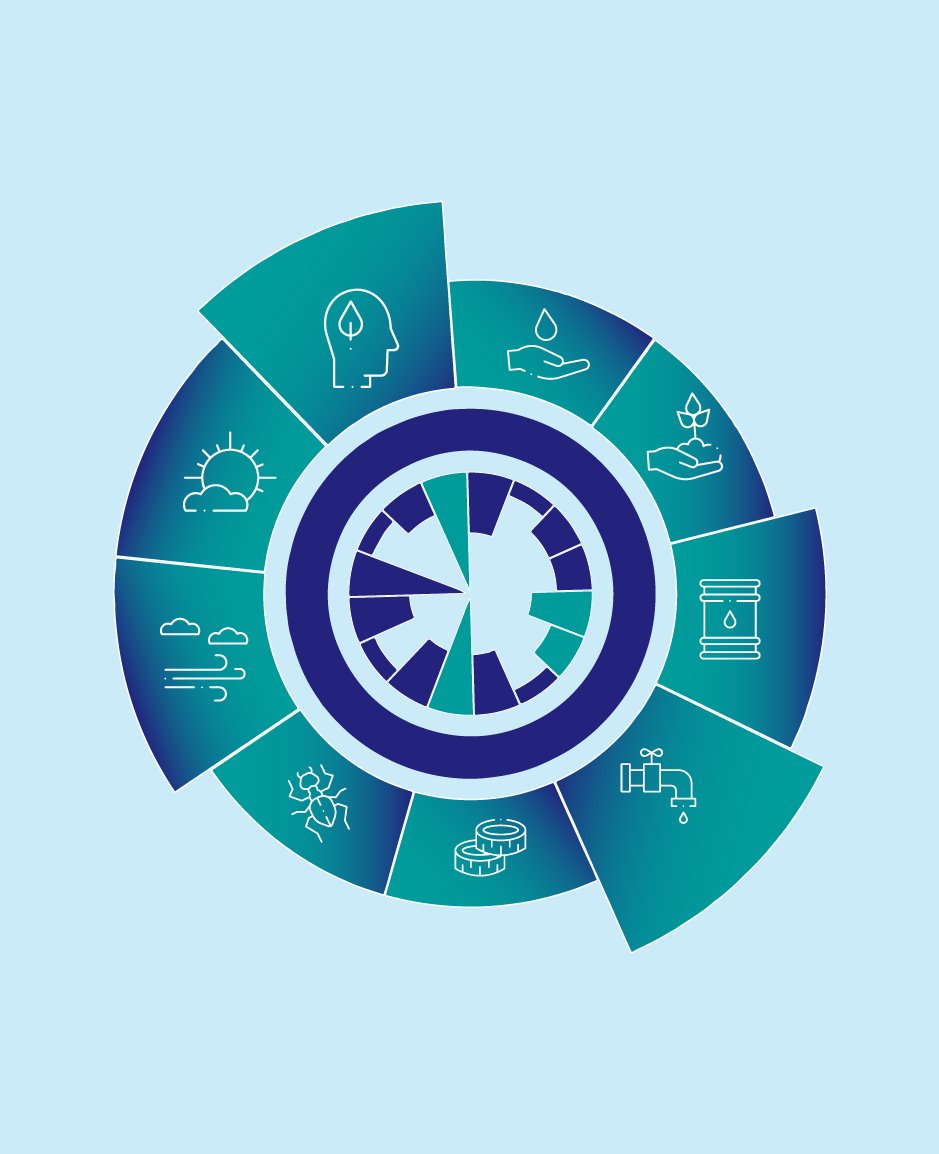Why are we running this project?
Municipalities are an appropriate platform to develop and trial methods for broad-scale civic engagement in the socio-environmental transformation. However, this transition will see conflicting social goals, with resistance not unlikely. Opening the door for all citizens to participate in shaping social and environmental sustainability is a good way to counter such conflicting objectives. Broad-scale participation is the only way to generate the range of perspectives and civic acceptance needed to ultimately realize social change for greater sustainability in challenging areas.
What are our goals?
Every citizen has the right to access and join in with the sustainable transition. We aim to leverage socially inclusive participatory methods to achieve this goal and strive to support municipal actors in promoting the sustainable transition locally with broad-scale support from the wider population.
How does the project work?
Alongside two exemplary municipalities, the project relies on interviews and research to develop three participatory methods for inclusive municipal sustainability processes and to test these on the ground. Workshops will then empower municipal actors to make use of these methods themselves. Both the development and implementation of these participatory methods will be externally scientifically evaluated. At the end of the project, the municipalities involved will present the methods used to other municipalities over the course of a roadshow. As such, the project aims to serve as a blueprint for socially inclusive processes of municipal change that reinforce democratic structures while simultaneously ensuring that everyone is able to both access and influence sustainable change processes.
The project draws on Kate Raworth’s model of the doughnut economy, which combines elements of both social and environmental sustainability. Two circles illustrate the theory behind the doughnut economy: The outer circle represents our ecological ceiling, while the inner circle is our basic social needs. The inside of the doughnut is the ideal the model strives to achieve, whereby we are all able to live a safe and good life on an unspoiled planet.
Who are the target groups?
All municipal stakeholders: administrative actors, NGOs, business, citizens.
Where is the project run?
Germany.
Who organizes and supports the project?
NELA, the Next Economy Lab, is responsible for implementing the project. NELA works together with business, politics, and civil society to develop and realize concepts for a socially just, climate-positive, and cooperative economy.


